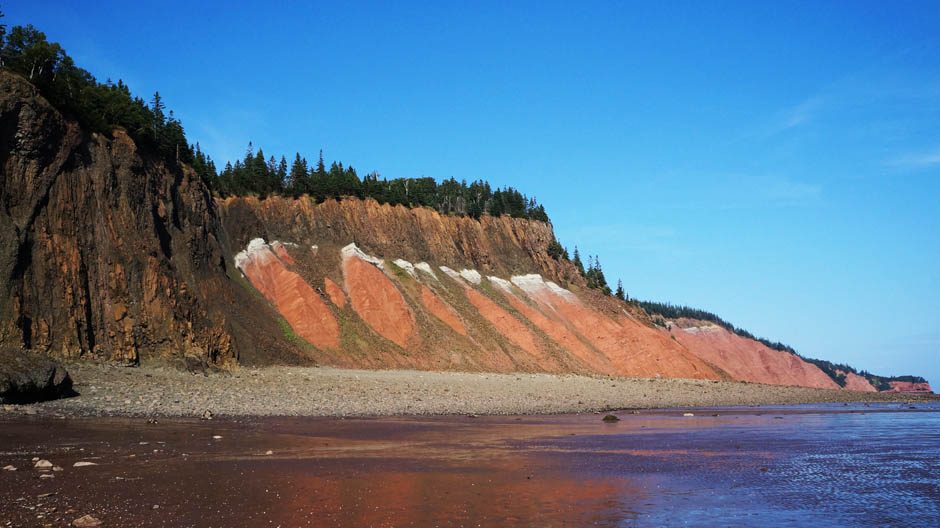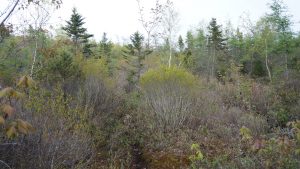Info about the workshop as received:
Dalhousie University, Halifax, Nova Scotia Room 303, Student Union Building, 6136 University Ave.
Oral and poster presentations on Tuesday March 12, 9:30-18:30
Discussion and synthesis on Wednesday March 13, 9:00-12:30
Project partners and other interested persons are invited to attend the third and final workshop for the Atlantic Ecosystems Initiative funded project Biodiversity and ecosystem functioning of forested wetlands across Atlantic Canada. These workshops contribute to building a network for monitoring, management and conservation of forested wetlands in this region.
Workshop objectives:
to share research results with partners and other interested stakeholders,
to facilitate interaction among researchers and partners,
to compile and integrate information about forested wetlands in Atlantic Canada,
to identify gaps in existing knowledge and
to make recommendations for future monitoring, management and conservation of forested wetlands in Atlantic Canada.
Refreshments: Refreshments and snacks will be provided at nutrition breaks. Lunch is on your own or at various take-out vendors in the Student Union Building. There will be a reception with a cash bar at the late afternoon poster session on Tuesday March 12.
There is no registration fee.
Call for papers: Presentations are invited for projects on diversity and ecosystem functioning in forested wetlands in Atlantic Canada (NB, NL, NS, PEI). Contributions can be either oral (15 minutes) or poster (max. size 120 x 120 cm) presentations. Due to time constraints, the number of oral presentations will be limited; preference will be given for talks that present larger or multi-year studies.
RSVP: To register for the workshop, please email the following to Karen.Harper@dal.ca by Feb. 20:
name, affiliation and email for each person attending;
if you are presenting, title, max. 250 word abstract, and prefernce of oral or poster presentation. Deadline for abstract submission: Wednesday February 20 For more information, please contact Karen.Harper@dal.ca
—————-
NSFN: This project has been a welcome initiative. Treed bogs and fens and wooded swamps are among Nova Scotia’s most common wetlands and important hydrologically, for wildlife and for carbon storage. No special approval is required for harvesting trees in these wetlands; minimal watercourse protection regulations apply (re: NS Wetland policy). In addition, roads through forested wetlands, and harvesting operations in the vicinity of forested wetlands can have serious effects on their functioning. Let’s hope L&F takes some actions based on the results of the project.

